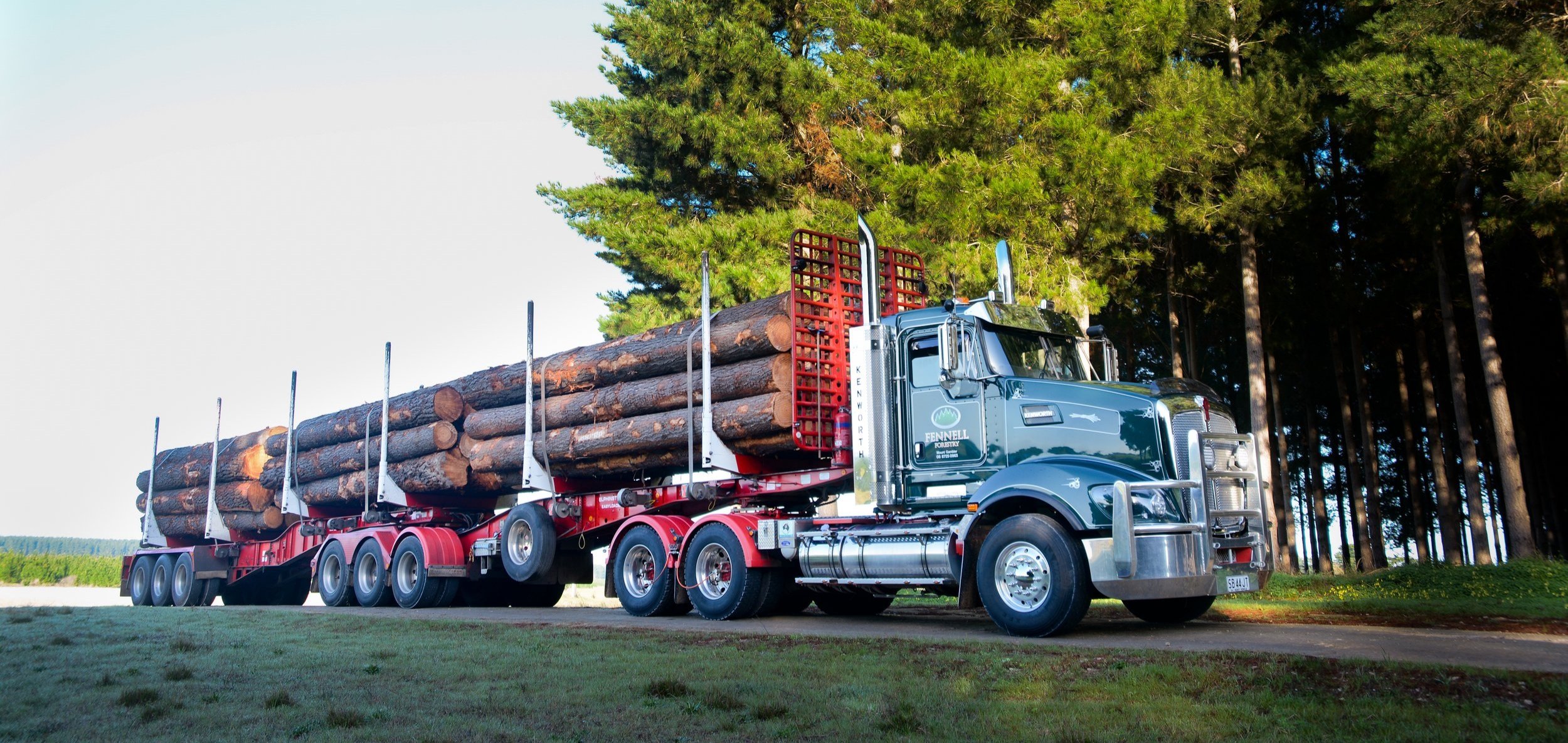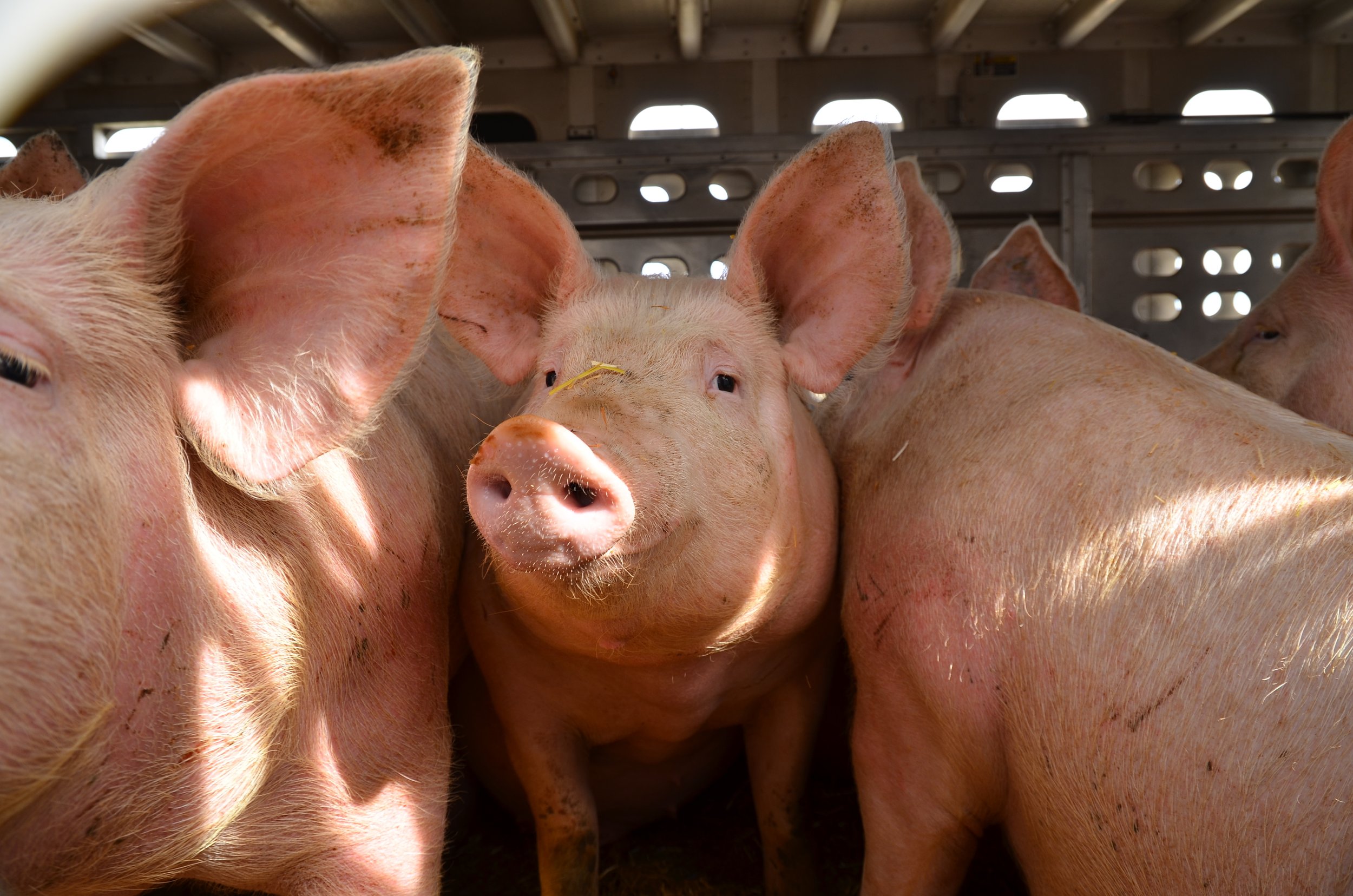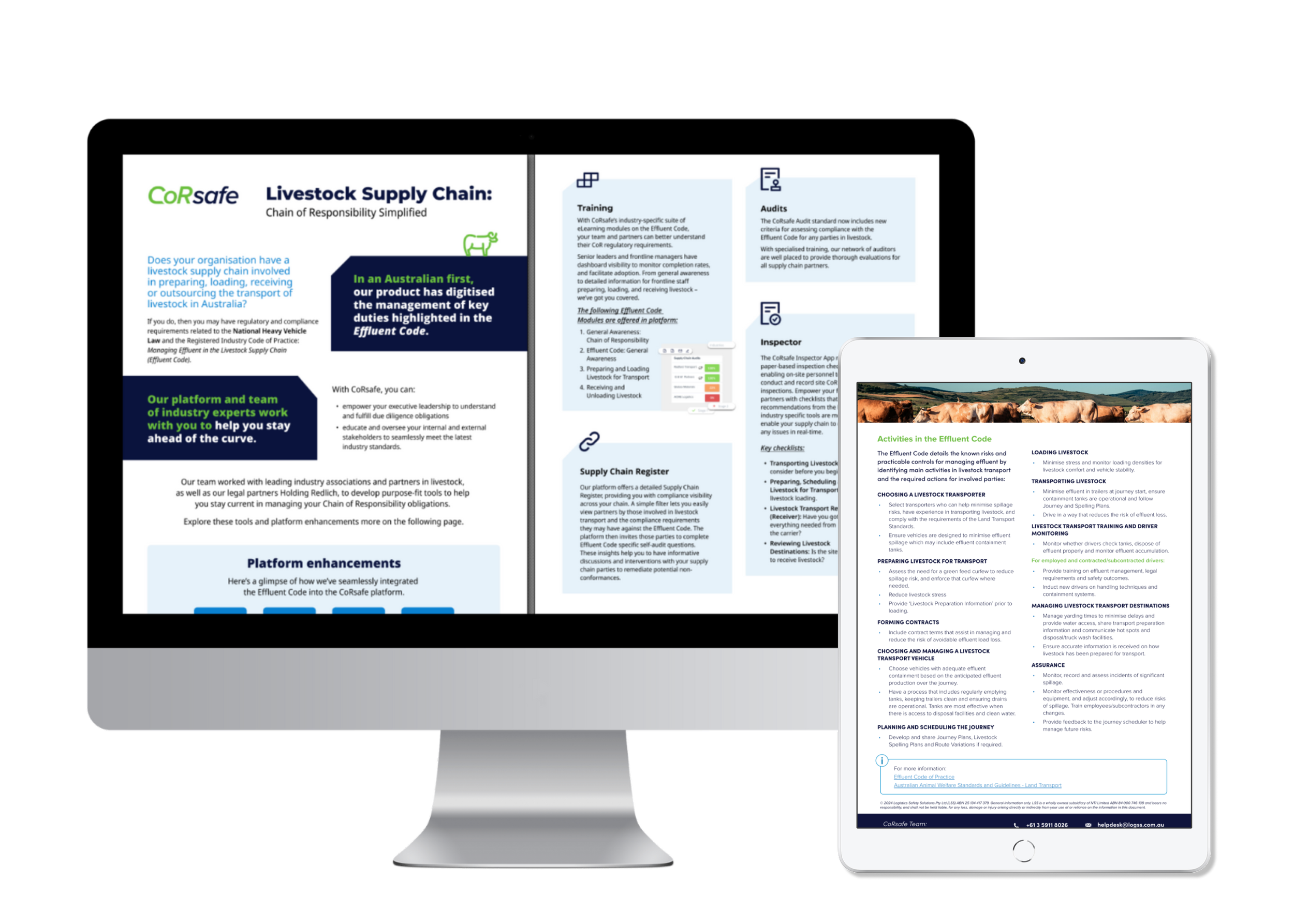
Registered Industry Codes of Practice Resource Hub
Stay in the know on the latest Chain of Responsibility legislation and industry code launches.
Industry Code Resources
The National Heavy Vehicle Regulator (NHVR) has endorsed a growing list of Registered Industry Codes of Practice. We're proud to have operationalised the management of key duties highlighted in various Industry Codes, reflecting our commitment to working with businesses to help them stay ahead of the curve.
Proposed Master Code Released
|
Proposed Master Code Released |
A new Chain of Responsibility (CoR) Master Code
draft has been released
And it might just change how you consider risk and
safety in your business
New! Understanding the Wine Industry Code of Practice
A two-page resource that extrapolates key highlights from the Wine Industry Code of Practice.
-
Why the Wine Code was developed, and an overview of the code.
Unique challenges in the Wine Industry.
A brief summary of the practical guidance within the Wine Code, including activities in the wine industry that parties have a primary duty under HVNL to manage, the hazards associated with those activities, and the controls proposed to manage those hazards.
Understanding the Effluent Code - Managing Effluent in the Livestock Supply Chain
A two-page resource that extrapolates key highlights from the Effluent Code.
-
Why the Effluent Code was developed and who is impacted.
Key differences from the ‘Master Code’.
Top ten activities for supply chain partners.
Livestock Supply Chain: Chain of Responsibility Simplified
See how we’ve enhanced the CoRsafe platform to include Effluent Code responsibilities.
-
Additions to:
Training programs.
Audits.
Inspector checklists.
Supply chain.



Codes of Practice
In consultation with relevant industry organisations and representatives (Sponsors), the NHVR develops Registered Industry Codes of Practice to address potential safety issues or gaps relevant to a specific industry. Need information on a code we haven’t simplified yet? Reach out to our team today and see what we’re up to.
-
The Log Haulage Industry Code of Practice (LHC) is designed to assist participants in the logging industry to comply with duties, imposed by the HVNL, to eliminate public risks.
The code was developed by the Australian Forest Products Association and the Australian Forest Contractors Association with funding from the Australian Government’s Heavy Vehicle Safety Initiative, which is administered by the NHVR.
-
The NHVR states a Grain Transport ICP will make it easier for the grain industry to understand the permits and legal mass limits of the large number of configurations in the fleet. Improved accuracy of truck legal mass limits will improve safety along the grain supply chain.
A Grain Transport ICP will allow Australia’s agricultural supply chain to remain competitive by providing a legal instrument that allow trucks to load to the mass limit in a way that will protect road infrastructure and drive safety outcomes for the betterment of the industry and all road users
-
The NHVR states the development of clear standards and risk based mitigation measures to address roles and responsibilities of those identified in the livestock transport chain of responsibility with respect to mass management of livestock that pass through saleyard/livestock exchange, lairage and feedlot facilities.
Looking for information on a code we haven’t operationalised yet?
Subscribe to our newsletter!
Did you know we have a monthly newsletter? Stay up to date on industry insights, new codes, CoRsafe software improvements and more.


